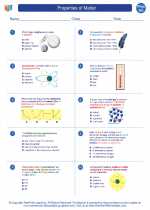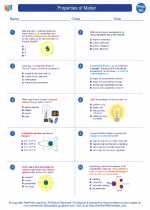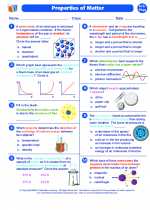Medical Technology
Medical technology refers to the use of advanced scientific and engineering techniques in the field of healthcare to diagnose, monitor, and treat diseases and medical conditions. It encompasses a wide range of tools, equipment, and techniques that are used to improve the delivery of healthcare services and the overall quality of patient care.
Key Areas of Medical Technology
- Diagnostic Imaging: This includes techniques such as X-rays, CT scans, MRI, and ultrasound, which are used to visualize the internal structures of the body for diagnostic purposes.
- Medical Devices: This category includes a wide variety of devices such as pacemakers, insulin pumps, prosthetic limbs, and other implants that are used to support or replace physiological functions.
- Biotechnology: This area involves the use of living organisms or their products to develop pharmaceuticals, vaccines, and diagnostic tests.
- Telemedicine: The use of technology to provide remote healthcare services, including teleconsultations, remote monitoring, and virtual care platforms.
- Robotics: Robotics is increasingly being used in surgical procedures, rehabilitation, and patient care to improve precision and reduce human error.
Study Guide
When studying medical technology, it is important to understand the underlying scientific principles and engineering concepts that drive its development and application in healthcare. Here are some key topics to focus on:
- Physics of Medical Imaging: Gain an understanding of the physical principles behind different imaging modalities, such as X-rays, MRI, and ultrasound.
- Biomechanics: Explore the mechanical principles that govern the function of medical devices and implants, as well as their interaction with the human body.
- Biomedical Instrumentation: Learn about the design and operation of medical instruments used for monitoring vital signs, analyzing biological samples, and delivering therapeutic treatments.
- Medical Robotics: Understand the integration of mechanical engineering, electronics, and control systems in the development of robotic technologies for medical applications.
- Regulatory and Ethical Considerations: Familiarize yourself with the regulations and ethical guidelines that govern the development, testing, and use of medical technologies to ensure patient safety and privacy.
Additionally, it is important to stay updated on the latest advancements and innovations in medical technology by reading scientific journals, attending conferences, and seeking out opportunities for hands-on experience through internships or research projects.
By mastering these key areas and staying informed about the latest developments, you can build a strong foundation in the field of medical technology and contribute to the advancement of healthcare through scientific and technological innovation.
.◂Physics Worksheets and Study Guides High School. Properties of Matter

 Worksheet/Answer key
Worksheet/Answer key
 Worksheet/Answer key
Worksheet/Answer key
 Worksheet/Answer key
Worksheet/Answer key
